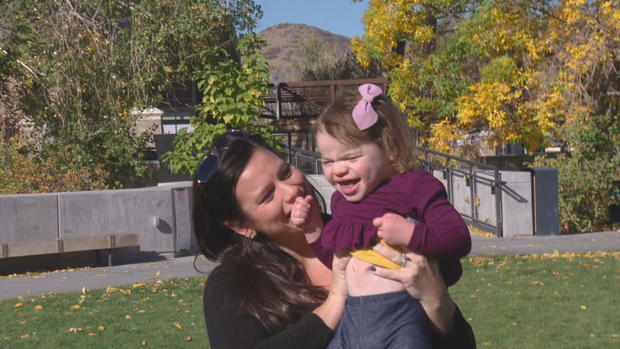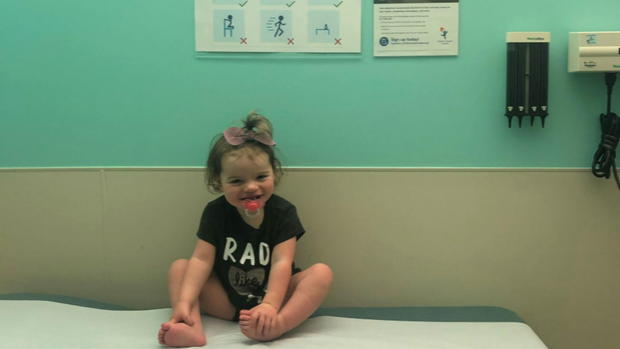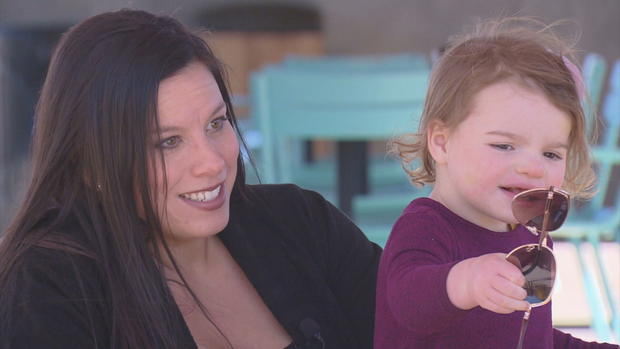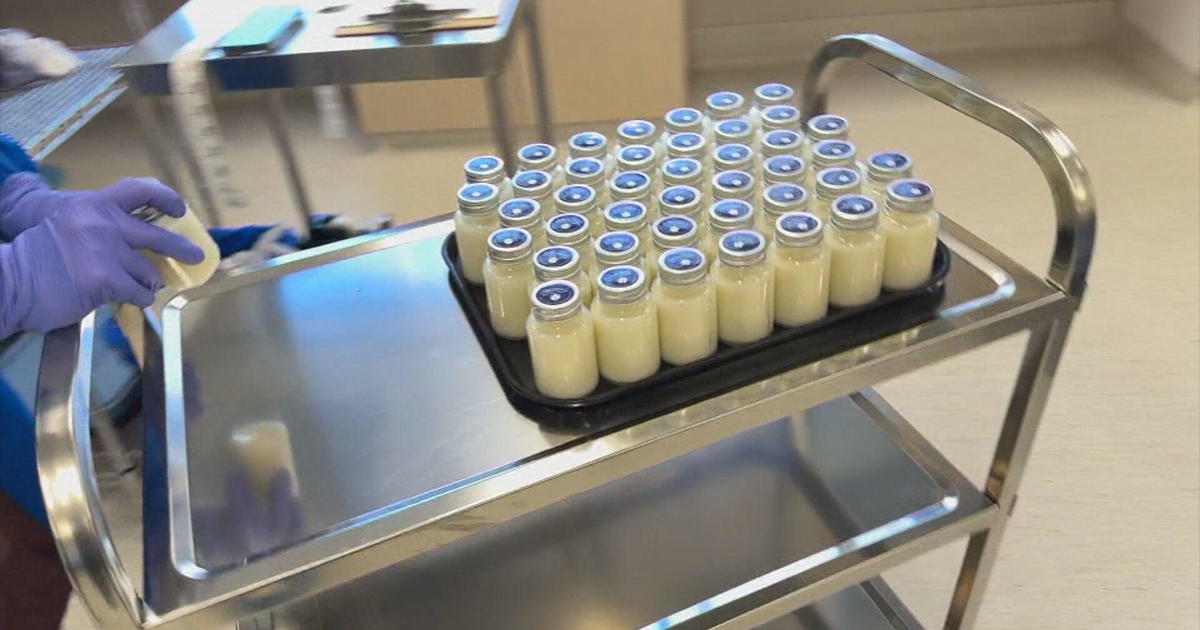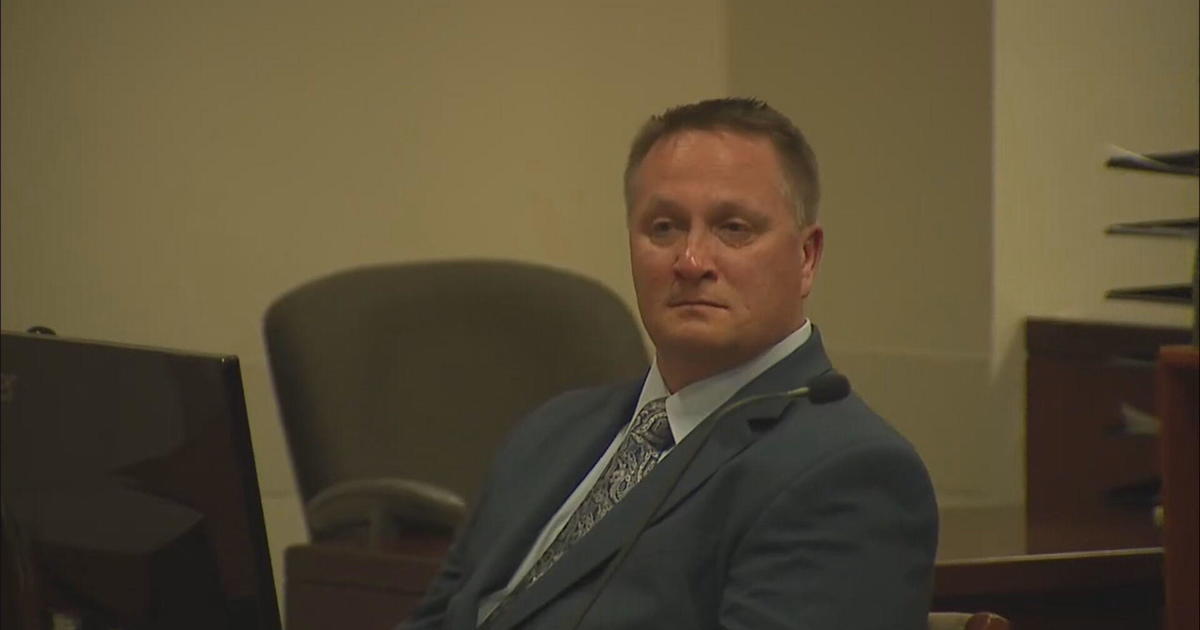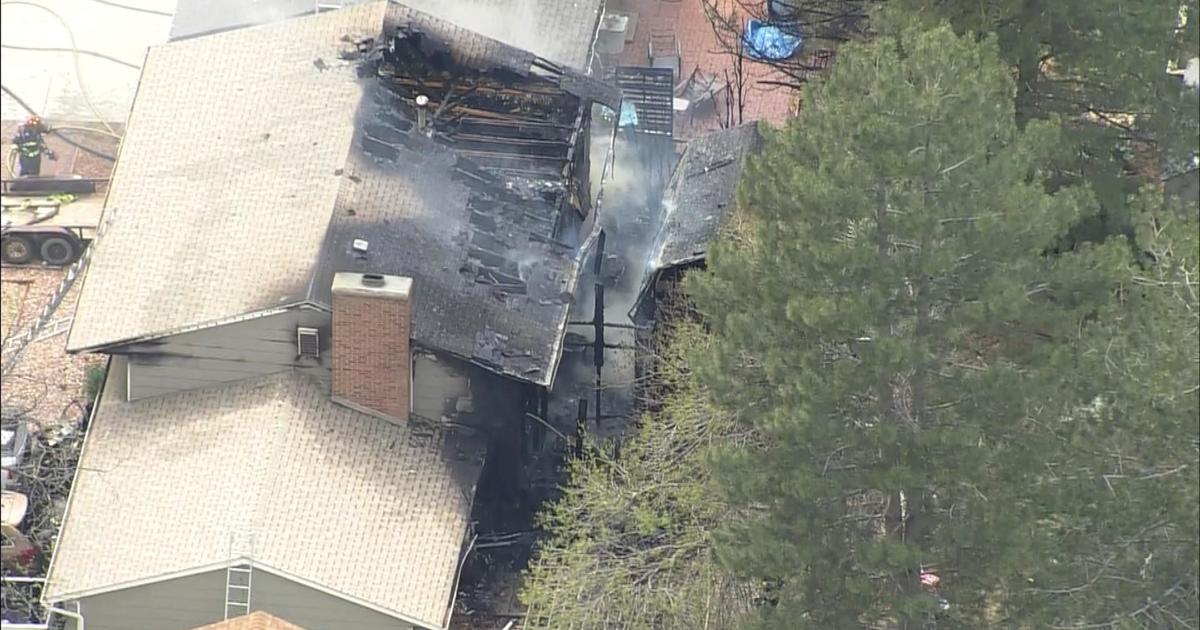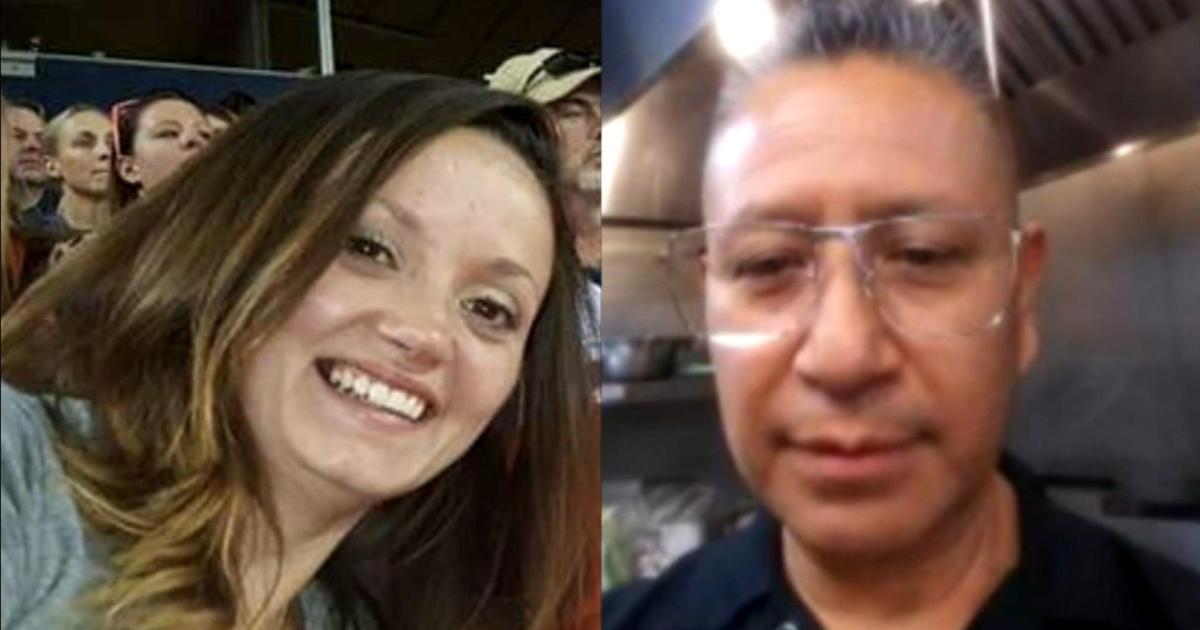New Children's Hospital Colorado Clinic For Two Rare Syndromes Gives Families Hope
AURORA, Colo. (CBS4)- Thousands of children, affected by two rare genetic disorders, now have one place to go for specialized care. Children's Hospital Colorado has opened the new 15q Clinic and Research Facility.
It is help and hope for families searching for a cure.
Two-year-old Cami Thompson is quick to smile and laugh. But her joy is actually a symptom of Angelman syndrome, a rare, incurable, neuro-genetic disorder that affects the 15th chromosome.
"We found out around 14-15 months that she was missing a part of that chromosome," said Liz Thompson, Cami's mother.
Liz said, at birth, Cami was upset and agitated. At 4 months, Liz started noticing developmental delays.
"I didn't see her engage with toys the way our first child did, she didn't hold onto things the same way," Liz explained to CBS4 Health Specialist Kathy Walsh.
Cami was behind in communication and started having seizures. Genetic testing confirmed Angelman syndrome.
"Hands down the worst day of my life," said Liz. "You think you can handle stuff until it comes to your kids."
Cami is now working on walking. She doesn't speak and has had up to 100 seizures in a day. The Thompson's turn to Children's Hospital Colorado for help.
"We have a geneticist, neurologist, epileptologist... " said Liz.
Those specialists and 5 more are all in the new 15q Clinic and Research Facility for both Angelman and Dup15q, another syndrome involving chromosome 15.
"It really provides a medical home for these kids," said Dr. Jessica Duis, pediatric geneticist.
The 15q Clinic at Children's Hospital is led by Duis and pediatric neurologist Dr. Diana Walleigh and includes specialists from neurology, genetics, developmental medicine, rehabilitation medicine, diet and nutrition, speech, occupational therapy and physical therapy.
And the clinic offers hope. Duis says several companies are working on meaningful therapies.
"We won't stop until these kids are speaking. We want to hear what they have to say," said Duis.
"We survive on hope," said Liz.
Cami's mom is an Angelman advocate and an Angelman optimist.
"I think we will hear her talk one day. I think she will walk one day," said Liz. "I think she's going to have a really bright future."
More Information from Children's Hospital Colorado:
Angelman syndrome is a rare genetic disorder caused by the loss of function of a specific gene called UBE3A on the maternal copy of chromosome 15 during fetal development, resulting in neurological impairment often recognized as developmental delay around six months of age. It is characterized by factors including severely impaired expressive language, seizures, walking and balance disorders, and frequent laughter and excitability. While there is no definitive count, it is estimated that Angelman syndrome occurs in one in every 15,000 live births. New treatments are in phase I/II trials to reactivate the paternal copy of chromosome 15q.
Dup15q syndrome is a clinically identifiable syndrome that results from the duplication (or multiplication) of the same maternal portion of the 15q chromosome that is deleted in Angelman syndrome. Also known as chromosome 15q11.2-q13.1 duplication syndrome, this is a neurodevelopmental disorder that confers a strong risk for autism spectrum disorder, epilepsy and intellectual disability, etc. It is estimated to occur in one out of every 8,000-10,000 live births.
